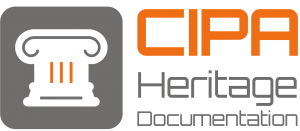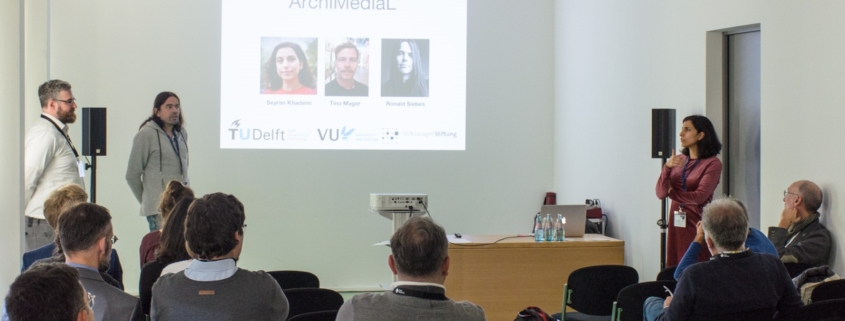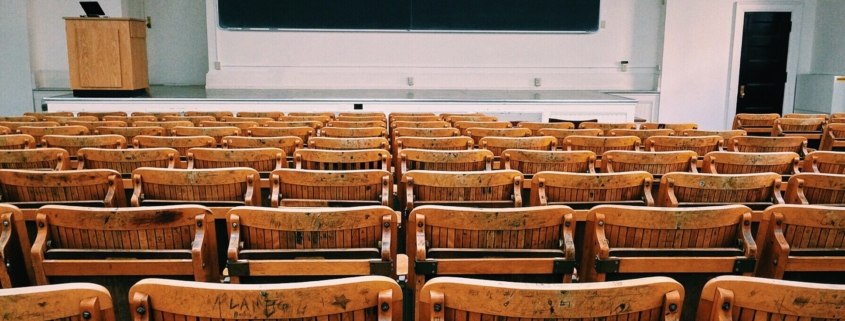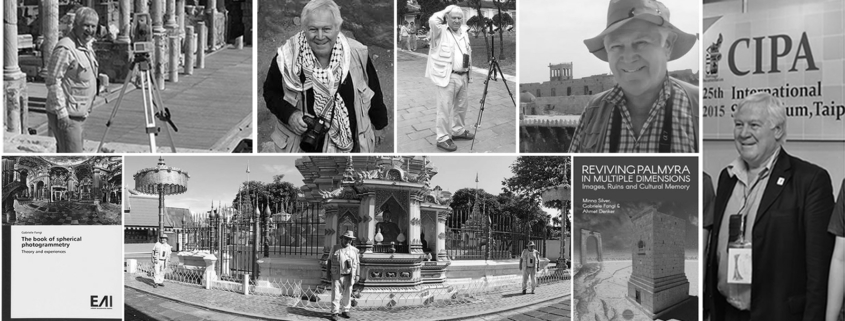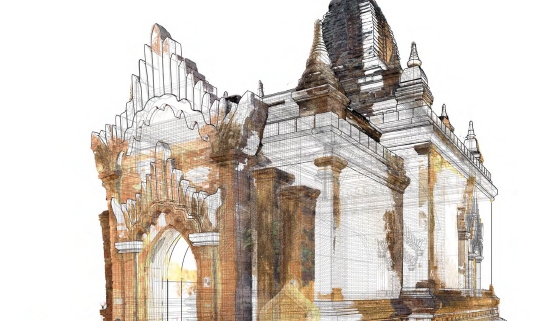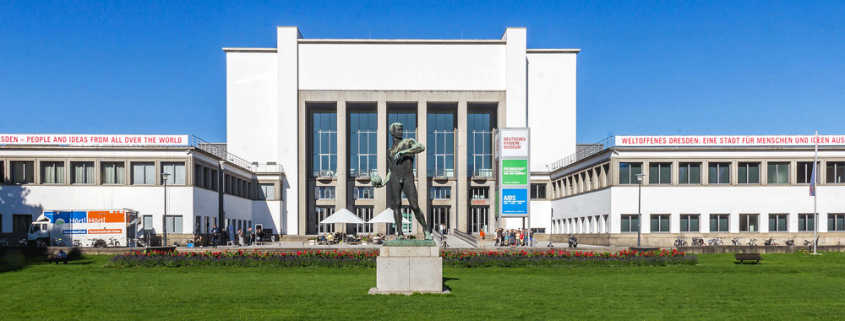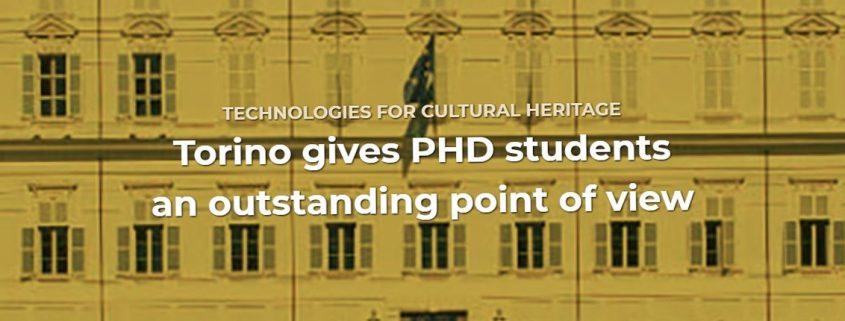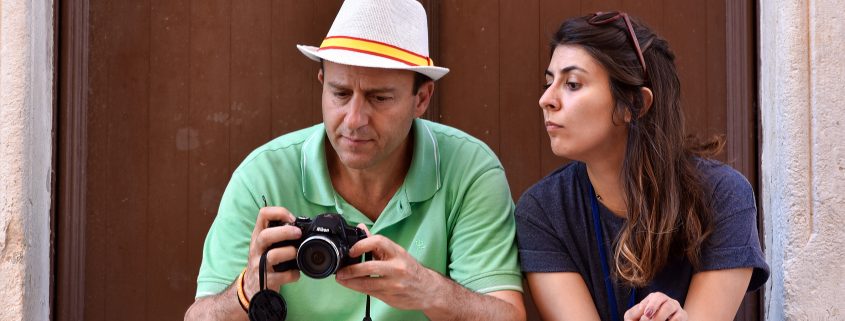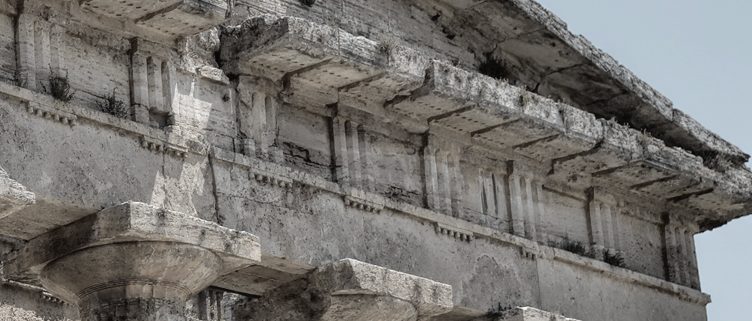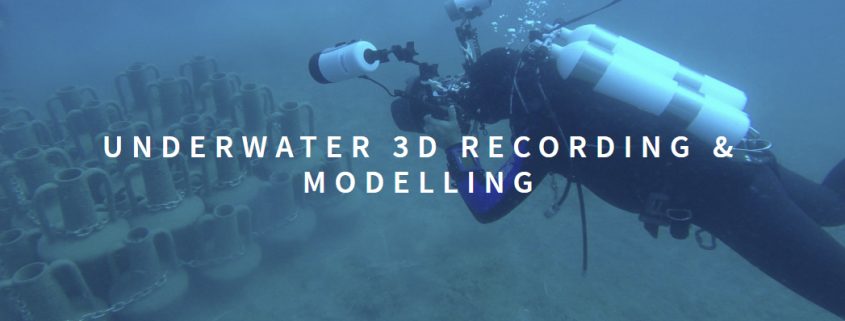CIPA workshop „Research and Education in Urban History in the Age of Digital Libraries“ 2019 – A summary
The junior research group UrbanHistory4D hosted the workshop „Research and Education in Urban History in the Age of Digital Libraries“ under the patronage of CIPA on 10-11 October 2019 in Dresden. Organized by Florian Niebling (Würzburg), Heike Messemer (Würzburg) and Sander Münster (Dresden) it was a joint international event of the University of Würzburg and the Technical University Dresden. The workshop took place at the Deutsche Hygiene-Museum in Dresden and was co-located with the Time Machine Conference.
After the first successful workshop of the junior research group in March 2017, this year two workshop sessions offered the opportunity to focus on different aspects of the overarching topic:
Collections of images, film and visual media in general were the focal point of the projects presented in the first session, chaired by Florian Niebling, project manager of UrbanHistory4D. The presentations showed the varied bandwidth of research questions connected to media repositories.
Seyran Khademi (TU Delft) and Ronald Siebes (Vrije Universiteit Amsterdam) introduced ArchiMediaL, a collaborative project of architectural historians and computer scientists, researching on the automatic recognition of architectural and urban forms in visual digital media.
The joint presentation of Francesca Condorelli (Politecnico di Torino) and Ferdinand Maiwald (TU Dresden, UrbanHistory4D) clearly showed a productive collaboration between the two scholars, bringing together different approaches of photogrammetric methods in the context of image and film archives.
A new concept of a critical digital model for the study of unbuilt architecture was introduced by Fabrizio I. Apollonio (Università di Bologna). He argued that via an objective reconstruction of two-dimensional reference drawings as visual part of a 3D model, the latter can show hypotheses in a less subjective way than with conventional methods.
Jonas Bruschke (Universität Würzburg, UrbanHistory4D) showed how a user study was created and realized to find out the most suitable visualization methods in regard to visualize characteristics of collections of historical photographs.
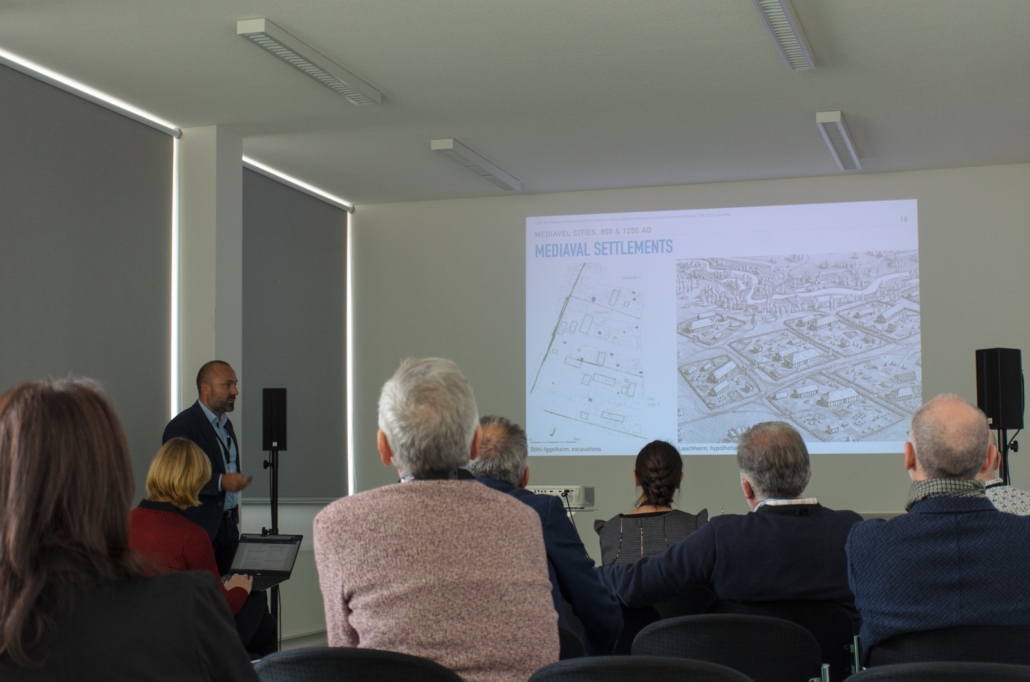
In the second part of the workshop, chaired by Mathias Hofman (TU Dresden), project manager of UrbanHistory4D, especially projects aiming at research on specific urban contexts were in the focus.
So Julia Noordegraaf (Universiteit van Amsterdam) offered insight into the Amsterdam Time Machine. Their aim is to provide a GIS of the 19th and early 20th century of the city of Amsterdam. The Houses of different centuries are automatically 3D reconstructed using the shapes of the parcels of land and the height of the buildings to form schematic 3D models. In combination with information on the functions of the houses it is possible to trace the past of cultural centres in Amsterdam.
Stemming from the Venice Time Machine, Andrea Giordano (Università degli Studi di Padova) presented the further development of the project now focusing on visualizing cities. Aimed at providing interactive, semantic 3D models of urban structures, they use the still quite new method of HistoricBIM (Building Information Modeling).
Piotr Kuroczyński (Hochschule Mainz) focused on the data management in and documentation of 3D projects of historical architecture, exemplified in a project for the state exhibition in Mainz in 2020/2021. It aims at the digital 3D reconstruction of the cities of Worms, Mainz and Speyer in the time of 800 A.D. and 1200 A.D. and presenting them in an adequate way to the public, taking into account to inform the public about uncertainties in the underlying data and the resulting visualizations.
A user study was presented by Cindy Kröber (TU Dresden, UrbanHistory4D), offering a deep insight in how potential users can be involved to develop a digital research tool for (art) historians. The functionalities and usability of the 4D Browser created by the junior research group UrbanHistory4D was examined by participants of the study, providing valuable input to enlarge and improve the functions of the 4D Browser.
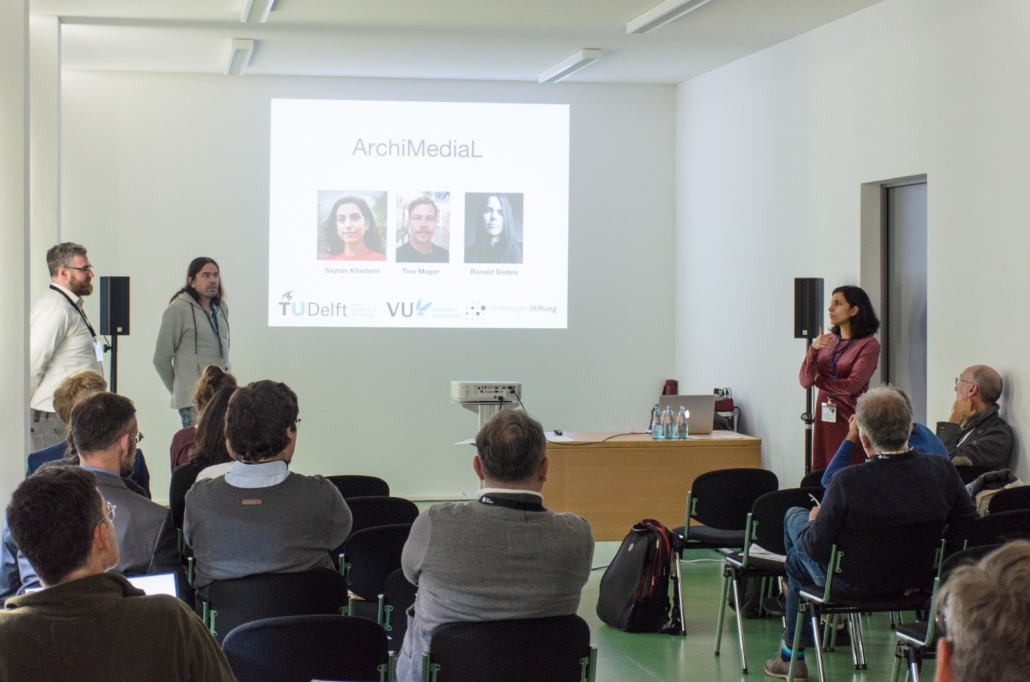
The audience, coming from all over Europe, was passionate about the topics of the workshop as the discussions after the presentations clearly showed. The intimate atmosphere – in comparison to the large hall of the Time Machine Conference upstairs in the same building – proved to be the perfect setting to exchange views on how to deal with digital projects in the context of cultural heritage and to create innovative ideas, enriching the topic of the workshop.
